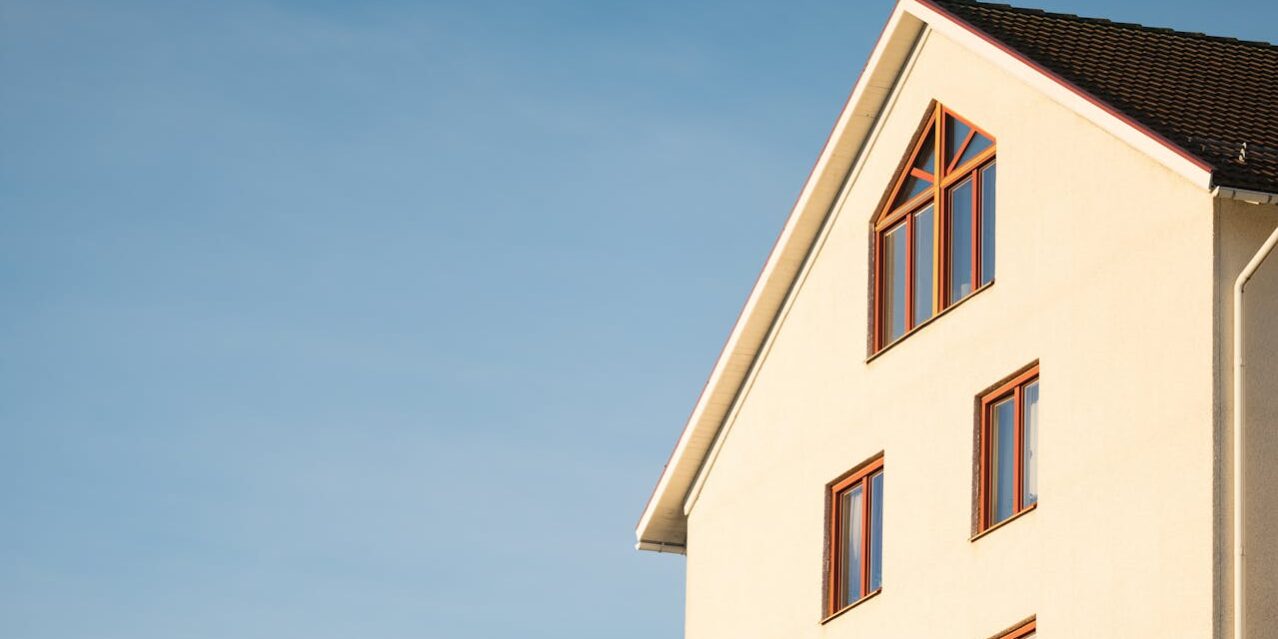In the wake of the recent Home Conference hosted by the Dawson Society in Fremantle, Western Australia, many of those who attended the conference – like myself – have been provoked by the excellent presentations to continue discussing some of the issues addressed at the conference and to raise new ones with their friends and colleagues.
There were so many important issues raised over the two days of keynote and concurrent sessions that participants were left with a sense of the enormity of the questions, the poverty of time and a gratitude to have been graced by the presence of so many engaged minds and personalities.
This sense of active reflection was particularly conveyed by the array of lively presenters, many of whom were young and insightful. In addition to those in the room, there was also brilliance from the distant and near past: from the thinkers, writers and activists who had foreseen so many of the causes of social, spiritual and geographical isolation and “homelessness” today.
The Home Conference speakers highlighted a sometimes surprising roll call of inspirational “greats” – along with the Scriptures and the recent popes – including the American agrarian reformer, poet and writer Wendell Berry, the New Urbanist architect Léon Krier (1946-2025), the French Benedictine liturgist, Dom Prosper Guéranger (1805-1875), the living Western Australian novelist Tim Winton (1960-), the great Australian poet Les Murray (1938-2019), the Neapolitan Renaissance philosopher Antonio Genovesi (1713-1769), and many others.
Berry wrote (in the article linked above) that it is lopsided to promote renewable physical resources while neglecting social and cultural resources. He writes of a true and a human ecology:
“These [natural] resources, if they are to stay renewable in human use, will depend, in turn, upon resources of culture that also must be kept renewable: accurate local memory, truthful accounting, continuous maintenance, unwastefulness, and a democratic distribution of now rare practical arts and skills.”
In this economy, the first in our current consumerist freefall will be last. Berry insists that this means “putting nature first and consumption last, [which] would start with the subsistence or household economy and proceed from that to the economy of markets”.
Why are we struggling to solve the crisis of housing around the world as well as in our so-called “developed” countries?
In Australia this year, it has been reported that we have a housing shortage but also a crisis of affordability. This year it was reported that “affordability has deteriorated to the point where households with a new mortgage spend 50 per cent of their income on housing, while tenants spend 33 per cent of their household incomes on rent. The time required to save for a home deposit has blown out to over 10 years.”
Will a government-driven frenzy of building high-density and only superficially functional dwellings solve the problem if we do not address the causes of cost of land and its defoliation which underlines the issue?
Do we think of the ownership of a home as a reward for the economically canny or ruthless, rather than for social, moral or spiritual wealth?
Is it because we see a house as a pinball machine for our own fantastic whims and wants rather than as a needful hearth for ourselves, our children, our grandparents, our neighbours and for the needy stranger?
Along with the ubiquitous replacement of the shared “hearth” by small, glowing digital devices that isolate us further from each other, have we also lost what the bed, the table and the cradle are all about?
Berry might say that one reason is that we have established economic and social “patterns”, which effectively devalue the family and “household economy” along with the notion of being stewards of creation. This loss of commitment to what he calls the “Great Economy” or the Kingdom of God means that we deform our social intentionality.
As he writes in his collection of essays Home Economics of the collapse of family farms in the United States, many people – including Christians – “seem willing to mount an emergency effort to ‘save the family farm’ [but] who have not yet thought to save the family or the community, the neighbourhood schools or the small local businesses, the domestic arts of household and homestead, or cultural and moral tradition – all of which are also failing, and on all of which the survival of the family farm depends.”
The ownership of a home in Berry’s thinking is not about grasping onto a unit of profit but rather “owning up to” our responsibilities – to our families, the local area and the land. This places limits on the mirage of purely liberal freedom but replaces it with something greater – “the freedom and independence that come with dependence on a parcel of land, however small, that one owns and is owned by or has at least the use of”.
Much of this freedom is worked through not in an atomised way, but in ways which encourage the family and the neighbourhood to grow morally and spiritually, to prosper not merely in profit but in sustainable “provision”.
These are not so much “products” but fruits of labour, character and skill.
Berry would see this as replacing the economy of consumption with that of mutual responsibility, organic identity and intergenerational concern. There are so many ways in which our “housing crisis” is a crisis about our human identity.
As Berry retorts in his memorable prose:
“If we put money first, we put food last. If for some spurious reason such as ‘economic growth’ or ‘economic recovery’, we put people and their comfort first, before nature and the land-based economies, then nature sooner or later will put people last.”
So much to think about here!
Anna Krohn
Executive Director
Thomas More Centre







